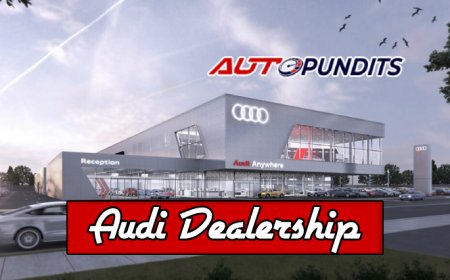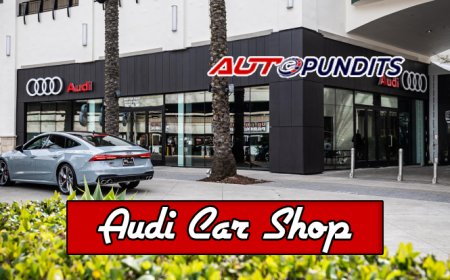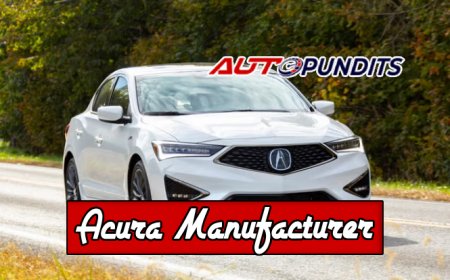Inspecting Pre-owned Sportscar Quality
Learn how to meticulously inspect a pre-owned sportscar to ensure its quality matches your expectations.
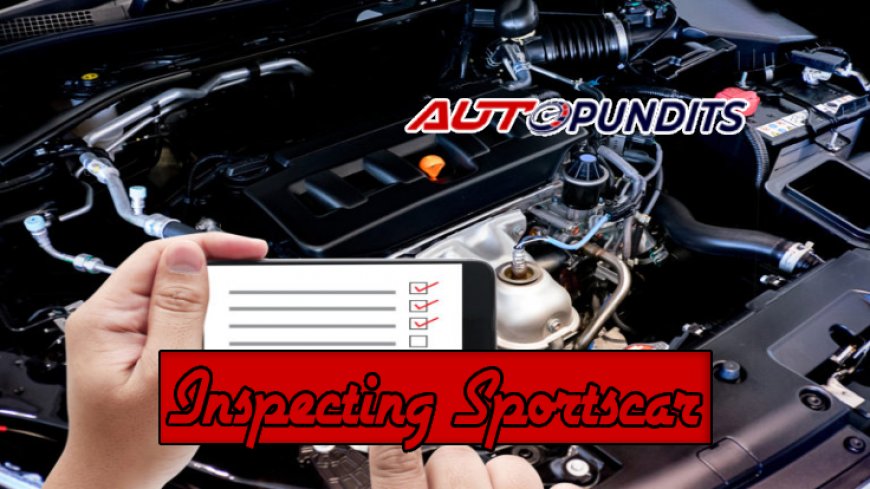
Inspecting a pre-owned sportscar isn't a task taken lightly. These high-caliber beasts embody the epitome of luxury, performance, and status—missing out on the finer details can mean a world of difference. Whether you're buying for the thrill of driving or as an investment, understanding the true quality of a pre-owned luxury vehicle is crucial.
Threads to Follow in Your Pre-owned Sports Car Inspection
Translating industry jargon to layman's terms, we're here to guide you through the maze. Delve deep with us as we enlighten you on crucial points of a pre-owned sports car inspection, its importance, the steps involved, and tips to avoid costly mistakes.
Table of Contents
Why Inspecting a Pre-owned Sports Car is Essential
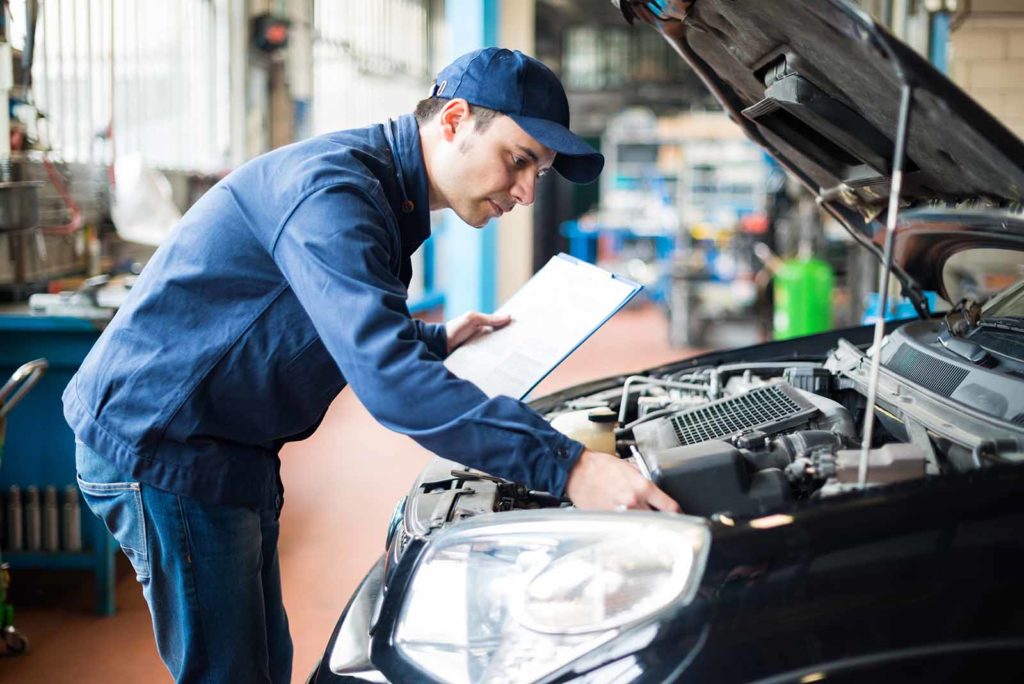
The allure of a sports car is undeniable, and the luxury it exudes is tempting. But diving headfirst into the purchase without meticulous inspection can lead to serious missteps. Here's why:
- Cost-effective: Identifying potential mechanical faults early can save on costly repairs later.
- Insurance implications: The state of your sports car can impact aspects such as insurance premiums.
- Safety aspects: A poorly maintained sports car can be a literal deathtrap on the road. Ensuring it's in top condition safeguards you and your loved ones.
- Resale value: For the potential investors out there, the condition of your car directly relates to its resale value.
Planning Pays Dividends
A well-executed pre-owned sports car inspection plan can be the difference between a quality purchase and followed by years of enjoyment or a costly mistake. It ensures you get value for your money and a ride you can trust. The key? Patience, knowledge, and a comprehensive inspection checklist that leaves no room for error.
Pre-inspection Tips for A Pre-owned Sports Car

Before delving into the nitty-gritty of a physical inspection, there are some steps you should take first. They're crucial in gathering an accurate picture of the car's history and present condition:
Get the Vehicle History Report (VHR): This is a vital step. A VHR might reveal past accidents, maintenance records, and potential liens. It's a solid piece of documentation providing a candid view into a vehicle's life.Utilize the VIN: Use the Vehicle Identification Number to cross-check the car's history. It validates fundamental details like the model, manufacturing year, and place.Know Your Seller: Research your seller to assure they're credible. Private sellers may not always provide accurate information, and used car dealers might embellish details. Getting a trustworthy third-party inspection never hurts.
External Check– Are there Cosmetic Flaws?
A pre-owned sports car might appeal from afar, but a closer examination can unearth the true story. Here’s a list of external touchpoints you should review:
- Body condition: Look for inconsistent paint color, dents, and rust spots. They spell out previous accidents or poorly executed restorations.
- Tires: Inconsistent tire wear can hint at alignment problems which may spiral out to other mechanical issues.
- Lights: Check the functionality of headlights, taillights, turn signals, and brake lights. Faulty lights are not only a safety hazard but can also incur hefty fines.
- Windows and windshield: Cracks or chips spell potential replacements down the line.
Finding external damage might seem alarming, but remember, it's not the endgame. Most issues can be fixed for a reasonable cost and can be helpful in negotiating the price down. However, it's a balance of understanding what’s fixable and what signifies a bad deal. This discernment takes time to develop and should never be rushed.
Getting an Interior Insight

Just as important as the exterior, an interior check can further reveal the sports car's condition. Here are some key points you should never miss:
- Seats: Overly worn, ripped or sagging seats indicate heavy use or poor maintenance.
- Dashboard: Check for warning lights. Often, they indicate engine problems or braking system inefficiencies.
- Electronics: Test the audio system, AC, heating, navigation, and others. Issues may signal electrical troubles.
Lastly, do a smell test. Unusual odors such as oil, gas, or burning smells can point to hidden issues.
Diving into the Mechanical Inspection
This element of the pre-owned sports car inspection is critical. It can unveil hidden technical issues that may lead to costly repairs.
Engine and Transmission Healthcheck
During a drive test, pay attention to the engine and transmission performance. Excessive noise, delay in response, fluid leaks, or smoke are telltale signs of problems. Review the engine bay for wear and tear and inspect the color of the fluids.
Also, thoroughly test the brakes. Any vibrations, noises or weak responses could signify trouble.
Special Consideration for Limited Edition Models

Inspecting a limited-edition sports car requires extra care. Due to their rarity, finding parts and specialized services can be challenging and expensive. Therefore, scrutinize the condition of these "limited edition" models more so than their standard counterparts.
Navigating the Waters of the Limited-Edition Segment
Let's face it, limited-edition models are a prestigious ownership experience. Not only are they a statement but can also serve as an excellent investment. However, verify the authenticity of the model, cross-checking the VIN with the manufacturer.
Deciding— Deal or Dud?
A comprehensive pre-owned sports car inspection should provide a clear picture of the car's condition. After the examination, it's time to evaluate.
- Get a professional opinion: Depending on your expertise level, consulting with a professional might be wise. They can detect subtleties often missed by inexperienced eyes.
- Negotiate: If you find flaws, don't be afraid to haggle. Use the inspection results to negotiate the price.
- Consider the total cost: Add up the potential repair costs to the asking price. Remember, a lower upfront price doesn't always equal a better deal.
The final decision ultimately comes down to how comfortable you are with the results. Pre-existing conditions shouldn’t be a deal-breaker—especially if minor and repairable. But beware of cars needing extensive restoration or frequent breakdowns. They will be time and money pits, leaving you regretful.
Testing the waters of pre-owned sports car ownership is a thrilling ride. But it's one that requires diligence, knowledge, and patience. Remember, there's always another deal. Don't be disheartened by a hiccup, and never rush the process.
What's Your Reaction?








